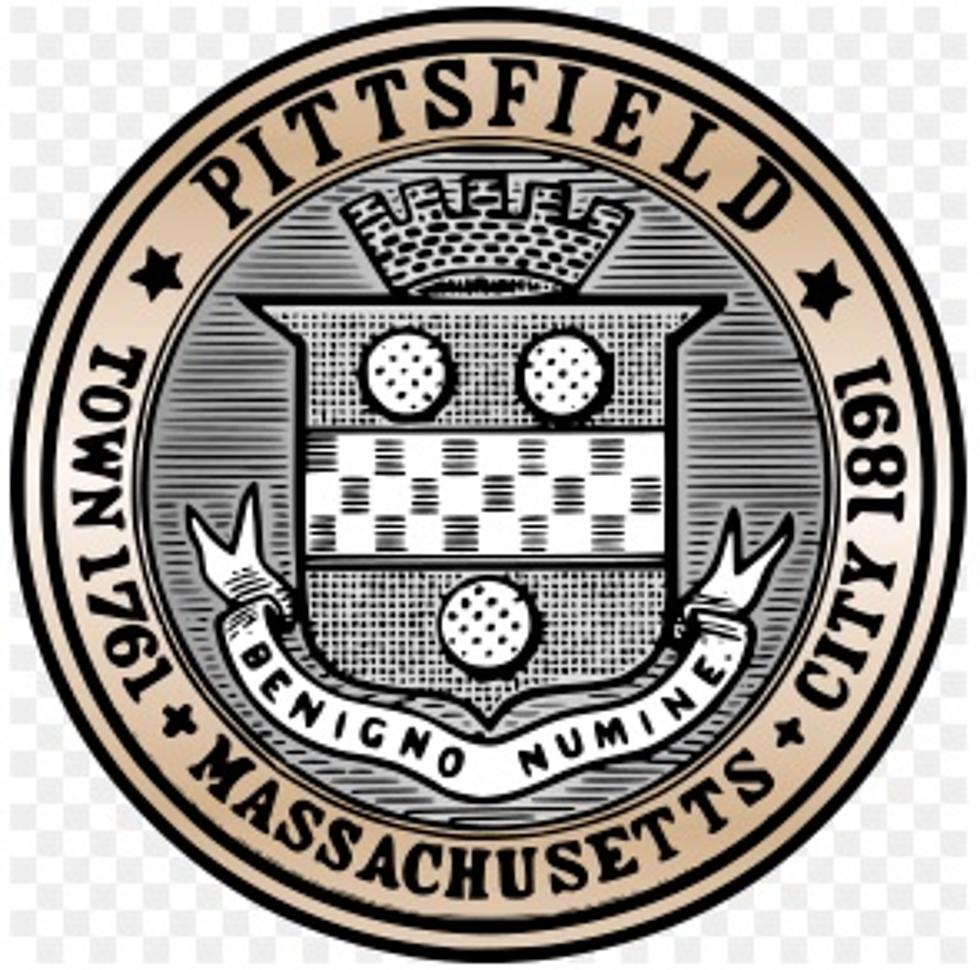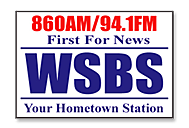
Great News For Pittsfield! This Has Not Happened Since 2015
Excellent news! The City of Pittsfield is no longer under the restraints of its levy ceiling for the Fiscal Year 2022. This hasn't happened since 2015!
According to the City of Pittsfield and the Mayor's Office, Fiscal year 2022, which began on July 1, is the first year since fiscal year 2015 that the City of Pittsfield will no longer be under the restraints of its levy ceiling, which limited the city’s access to its full levy capacity under Proposition 2 ½.
At a Monday afternoon press conference, Mayor Linds Tyer had this to say:
We’ve reached a significant milestone in the city’s situation. This is especially noteworthy because we’ve had many years of fiscal challenges because of that levy ceiling limit. When we took office in January 2016, it was hard for a couple years. We are now in a position to have access to our full levy capacity.
Apparently, this great financial news is all due to the $254,625,346 increase in total real and personal property values over fiscal year 2021. The primary contributor for this increase are single-family homes which saw a 9 percent increase in total value over the fiscal year 2021 amount of $207,030,940.
This news is part of a proposal that will be submitted to the City Council for the Tax Classification Hearing during the Nov. 9 meeting. The council is expected to take a vote on the shift factor of 1.726 which sets the tax rate for commercial and residential sectors.
Proposition 2 ½ mandates a levy ceiling equal to 2.5 percent of the current fiscal year’s total assessed full and fair cash value for real and personal property. The levy limit is incremental; it allows permanent but controlled annual increases to the tax levy equal to 2.5 percent of the prior year's levy plus credit for new growth.
When a community’s levy limit collides with, or hits its levy ceiling, it lacks the capability to realize levy growth, both from 2.5 percent increments and from new growth, until excess levy capacity is regained.
Thanks to the expanding residential sector, Pittsfield is now back in a position to benefit from this levy growth. The average single-family value is up 8.91 percent from a 2021 value of $203,901 to this year’s average single-family value of $222,073.
While there’s an increase in value in the residential sector, the commercial and industrial properties remain fairly constant. The proposed commercial tax rate will see a decrease from the FY21 rate of $39.99 to $39.90. Since the majority of property owners in this sector will see little or no change in their value, over 90 percent will see some nominal or minor reduction in taxes.
If the shift factor is approved, the residential tax rate will go down from $19.25 to $18.56 (.69 cents per $1,000). Meanwhile, the commercial tax rate will go down from $39.99 to 39.90 (.09 cents per $1,000).
The total valuation of taxable property has exceeded four billion dollars this fiscal year, an overall increase of 6.6 percent.
LOOK: Here are 25 ways you could start saving money today
KEEP READING: Here are the best places to retire in America
KEEP READING: See the richest person in every state
50 Famous Brands That No Longer Exist
More From WSBS 860AM









